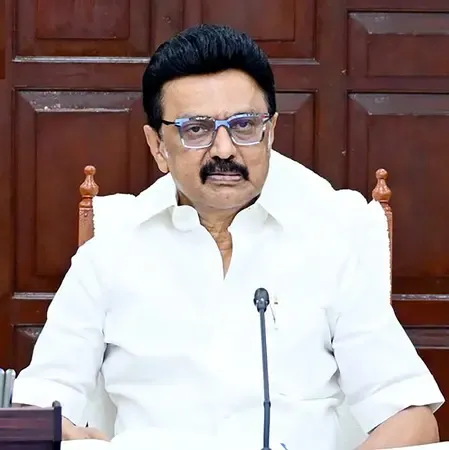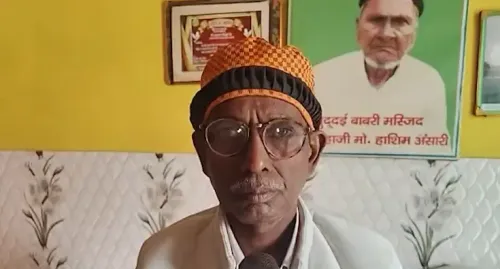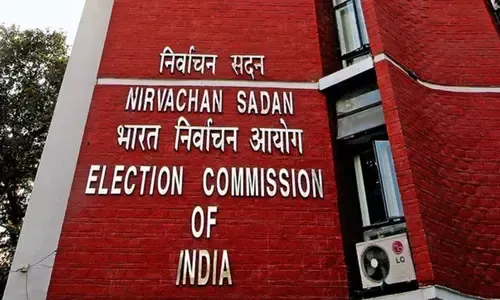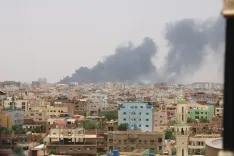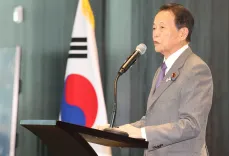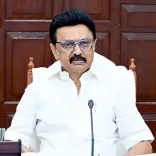Why is PM Modi Silent on Israel? Congress Critiques His Call to Iran for De-escalation
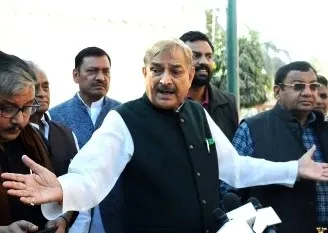
Synopsis
Key Takeaways
- Congress critiques PM Modi's silence on Israel amid rising tensions.
- Calls for stronger ties with Iran emphasize historical support.
- Military actions escalate following Iran's missile launch toward Israel.
- PM Modi advocates for peaceful diplomatic solutions.
- International law and military aggression are central to the current crisis.
New Delhi, June 23 (NationPress) The Congress party on Monday expressed concerns over the government's silence regarding Israel amid rising tensions in the Middle East and criticized Prime Minister Narendra Modi’s recent phone call with Iranian President Masoud Pezeshkian.
Congress MP Pramod Tiwari condemned PM Modi's outreach to Iran for de-escalation while refraining from addressing the actions of the US or Israel, whose military operations have exacerbated the situation in the region.
“The US is launching attacks from thousands of kilometers away. B2 bombers are being deployed for the first time globally, and who is the message for? Iran? You lack the courage to confront Israel or halt America's actions. Rather than advising those affected by these violations to remain silent on Israel, show some courage,” stated Tiwari.
He also reminded the government of Iran’s historical support for India, particularly regarding Kashmir. “Iran has been a steadfast ally, especially during our isolation over the Kashmir issue at the UN. It was Iran that stood by us,” he noted.
In a similar vein, Congress leader Imran Masood emphasized the need for stronger ties with Iran, stating, “We must support Iran. It is a long-standing friend with whom we share robust trade and cultural relations. Many communities in Iran have roots in India. Thus, we must stand firmly with Iran.”
The political reactions followed PM Modi's conversation with Iranian President Pezeshkian, in which he called for de-escalation and a return to diplomatic engagement.
“I spoke with President of Iran @drpezeshkian. We extensively discussed the current developments. I expressed deep concern over the recent escalations and reiterated our call for immediate de-escalation, dialogue, and diplomacy for the restoration of regional peace, security, and stability,” PM Modi shared in a post on X on Sunday.
This statement was issued shortly after the United States initiated coordinated airstrikes against three Iranian nuclear facilities, which Tehran condemned as “brutal military aggression” and a violation of international law.
The military tensions escalated following Iran's launch of over 30 ballistic missiles targeting Israel. Israel responded, claiming its actions were a “pre-emptive measure” to thwart Iran's nuclear ambitions, an assertion Iran has consistently denied.

